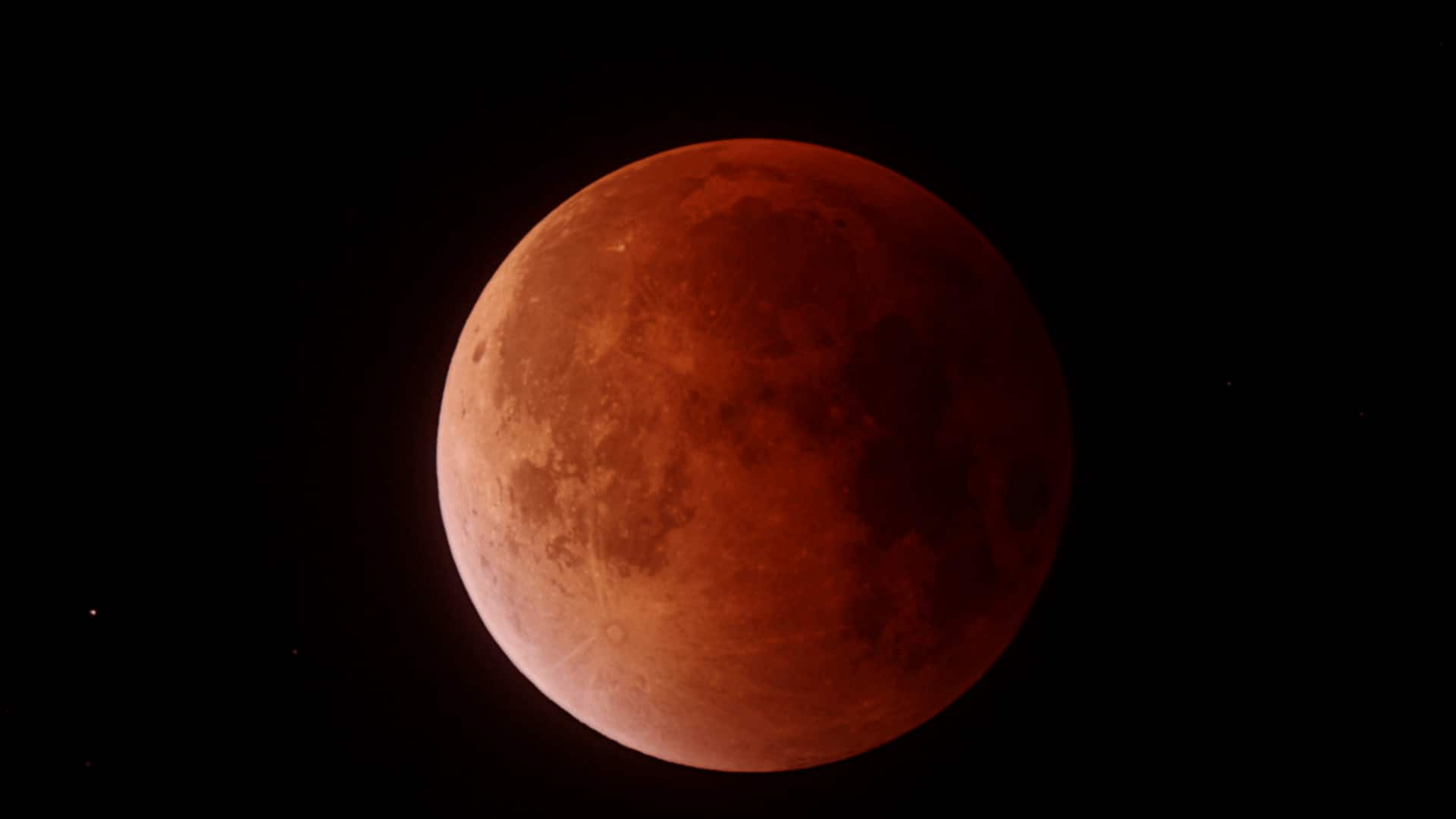
Lunar eclipse on October 28-29: Know timings in India
What's the story
On the night of October 28-29, a partial lunar eclipse will occur and it can be seen from all parts of India. DD News reports that the eclipse will start at 11:31pm IST on October 28 and will conclude at 3:36am IST on October 29. This is the second lunar eclipse this year after the penumbral lunar eclipse that occurred on May 5.
Explanation
Understanding lunar eclipses
A lunar eclipse happens during the full moon phase, per NASA. During such events, the Earth aligns itself between the Sun and the Moon, causing all three celestial bodies to line up. As a result, Earth blocks sunlight from reaching the Moon, giving it a reddish-brown or orange tint. There are three types of lunar eclipses: total, partial, and penumbral. At least two partial lunar eclipses happen every year, but total lunar eclipses are rare, reports NASA.
Types
What happens during total, partial and penumbral lunar eclipses?
In a total lunar eclipse, the entire Moon comes under the darkest part of Earth's shadow, or what's called the umbra. During a partial lunar eclipse, as the name suggests, only a part of the Moon is shrouded by Earth's shadow. In a penumbral lunar eclipse, like the one that happened in May this year, the Sun, Earth, and the Moon are imperfectly aligned. In this case, the Moon passes through only a part of Earth's umbra.
Details
Visibility and timings of the upcoming eclipse
During the partial lunar eclipse on October 28, the Moon will traverse Earth's shadow between 1:06am and 2:23am IST. The eclipse will be observable in areas encompassing the Western Pacific Ocean, Asia, Europe, Australia, Africa, eastern South America, northeastern North America, the Atlantic Ocean, the Indian Ocean, and the South Pacific Ocean. The next lunar eclipse which will be visible in India will occur on September 7, 2025. It will be a total lunar eclipse.
Insights
A solar eclipse happened earlier this month
This October has been filled with unique celestial occurrences, a rare month with two eclipses. An annular solar eclipse, also called the "ring of fire," happened on October 14. The full Moon on October 28 will be called the Hunter's Moon and it will lie in the constellation 'Aries the Ram.' You will need no special equipment to watch the lunar eclipse. If the weather is unfavorable, you can view the live streaming of the event via Timeanddate's YouTube handle.